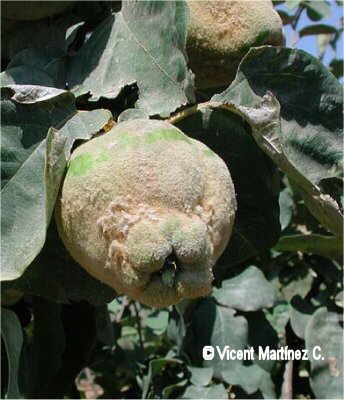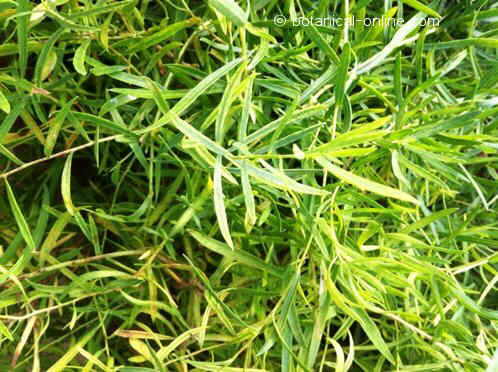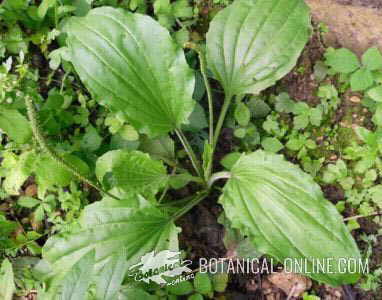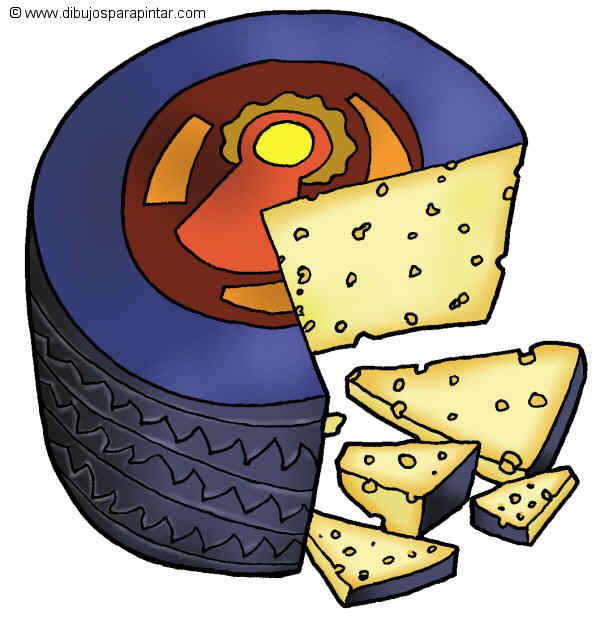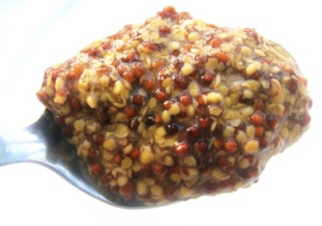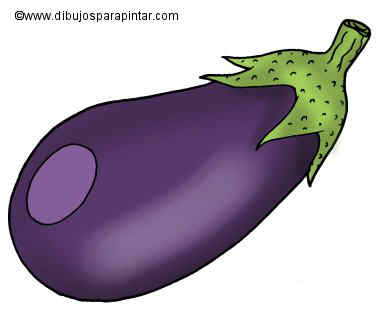Nutritional and healing benefits of natural food
What are natural foods?
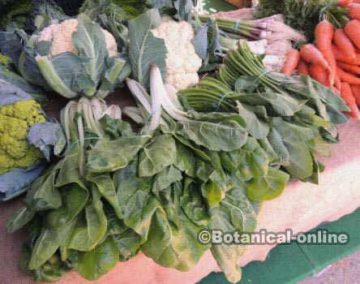
Natural foods are those coming from cultivation methods which are respectful to the environment. From a vegetarian point of view, we believe that those foods are natural plant foods that have been produced by natural farming.
What is natural farming?
Natural farming is one that ignores the possible harmful chemicals such as fertilizers, herbicides, pesticides, etc.
Within this type of agriculture, organic farming is considered the most natural food production intended for human consumption.
Where to find natural foods?
Growing food, unfortunately, has been focused to mass production of large quantities of products with the intention of generating economic benefits. Large tracts of monoculture have invaded our fields, producing food that has little to compare with traditional methods.
We do not refer to the use of machines that facilitate the work to the farmer, but the use of genetically modified seeds, the use of chemical pesticides or fertilizers, in which toxic substances are used for pests but they also affect to man.
Although “industrial food”, is is most abundant, it is possible to by products from small productions that make use of organic farming, or at least they are able to yield more natural, less harmful products for the environment, water and living things.
Every day, more people are seeking this type of food and, little by little, there are more people who personally prefer to cultivate more natural foods.
Are unnatural food healthy?
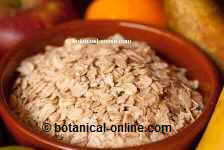
International food agencies have issued many studies in which they state that food produced on a large scale are perfectly healthy and of a similar quality to those considered “most natural”.
However, there are many studies that have shown that organic foods are healthier, because they contain more vitamins and minerals than conventional foods. Organic foods have, for example, more vitamin C and potassium.
These differences do not occur only in the case of plant foods, but also in food of animal origin. For example, it has been found that organic eggs and meat have more protein than the respective food produced from animals raised on conventional farms, fed with non-organic feed.
In addition to a higher nutrient content, natural foods would be free of pesticides and other chemicals, responsible for the increase in degenerative diseases such as cancer, cardiovascular disease, hypertension, etc.
Do natural foods smell or taste better?
There is a popular belief that the more natural a food the more tastier. Is this thought a food myth or has it any scientific basis? Would you be able to distinguish only by taste whether a tomato is organic or whether it has been cultivated in a conventional garden?
There are convincing studies on the superiority of taste in natural foods. The reason for this is due to the peculiar form of cultivation in conventional crops. Non-organic farming uses large amounts of salt-based fertilizers. Much more products like these are absorbed by plants together with an increased amount of water that when using organic fertilizers
Less water, more dry matter.
By absorbing more water, food produced by non-organic method contain a less dry matter content that organically produced food, which are drier (more water implies less proteins, minerals, vitamins, etc). Since what is perceived by the senses of smell and taste is dry matter, organic foods have a more intense flavor and odor.
In the book “Comparison of quality parameters in leafy edible plants under organic and conventional systems of production” of Raigon et al. 2001 it is mentioned that conventionally grown spinach hold 10% more water than organically grown. Chinese cabbage produced ecologically has 1.1% less water.
The dry matter content in the case of organically grown lettuce is more than 30% to those that have been grown by conventional methods, which have a higher water content.
The following table shows the differences in the composition of oats as coming from a conventional or organic farming. We can see how organically grown oats contains more protein, fiber and polyunsaturated and monounsaturated fatty acids than conventionally grown. The latter is rich in saturated fatty acids.
Composition of oats per 100 gr | |
Component | Organic farming |
90,41 g | |
Dry matter | 9,59 g |
12,62 g | |
10 g | |
Oleic acid (omega 9) | 43, 23 % |
Linoleic acid (omega 6) | 25, 7 % |
Linolenic acid (omega 3) | 0,74 % |
Palmitic acid | 20,4% |
Stearic acid | 5,4 % |
Less water, more nutrients.
Since nutrients (vitamins, minerals, fat, carbohydrates, etc) are part of the dry matter, food produced ecologically contains more nutritious substances and more antioxidants and other phytonutrients for health care.
Less water, better conservation.
Foods that contain more water in relation to the dry matter rot or rust more easily. This is the reason that organic food is better preserved and maintains its nutritional properties for longer.
![]() More information on natural food.
More information on natural food.


